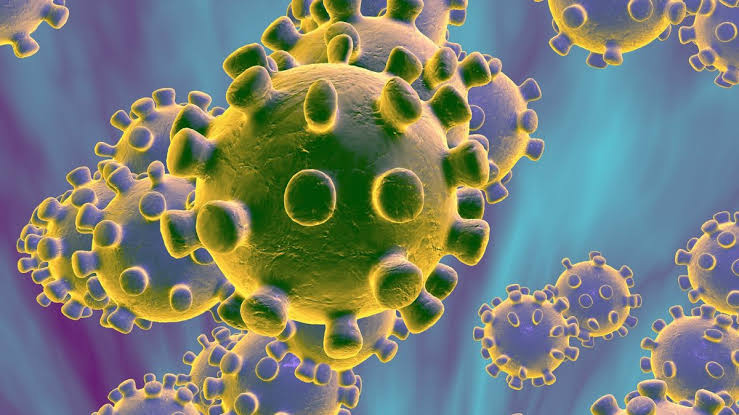
Doctors in Argentina are scrambling to understand a mysterious flu-like illness that has left dozens critically ill. The sickness bears some resemblance to Covid-19 and has health officials on high alert.
The situation came to light on April 17th when an anonymous report landed in ProMed, an international public health surveillance system that first alerted authorities to the emergence of Covid-19 back in late 2019. The report detailed a concerning rise in severe pneumonia cases requiring intensive care in Buenos Aires, Argentina.
The most alarming aspect? Many of the affected individuals are young and otherwise healthy, lacking any major risk factors. This doesn't quite fit the typical profile for severe pneumonia.
Adding to the mystery, details remain scarce. Argentine health officials haven't issued any official statements yet. However, reports suggest some patients have required mechanical ventilation to help them breathe.
(8).jpeg)
While psittacosis, a bird-borne illness caused by a type of chlamydia bacteria, appears to be a factor in some cases, it doesn't seem to be the whole story. Over a third of the patients exhibited symptoms consistent with psittacosis, also known as parrot fever. This illness typically starts with flu-like symptoms that can worsen into pneumonia, posing a particular threat to the elderly or those with compromised immune systems.The ProMed alert underscores the need for further investigation.
"Although psittacosis appears to be the etiology of some of the cases, and it looks to be like covid 19 might be back."
the report cautions, there may be more than one agent involved. ProMed would appreciate more information about these cases.
Experts, as reported by the Daily Mail, are urging health officials not to take this situation lightly, even though some assurances have been made that this is unlikely to become a widespread threat.
This mystery illness serves as a stark reminder of the constant vigilance required in the realm of public health. New and emerging diseases can appear unexpectedly, and international collaboration is crucial for swift identification, containment, and treatment.
Hopefully, with further investigation, Argentine health officials will be able to pinpoint the exact cause of this illness and implement appropriate measures to protect the public. In the meantime, this situation highlights the importance of remaining informed about public health developments and staying vigilant about potential health risks.















